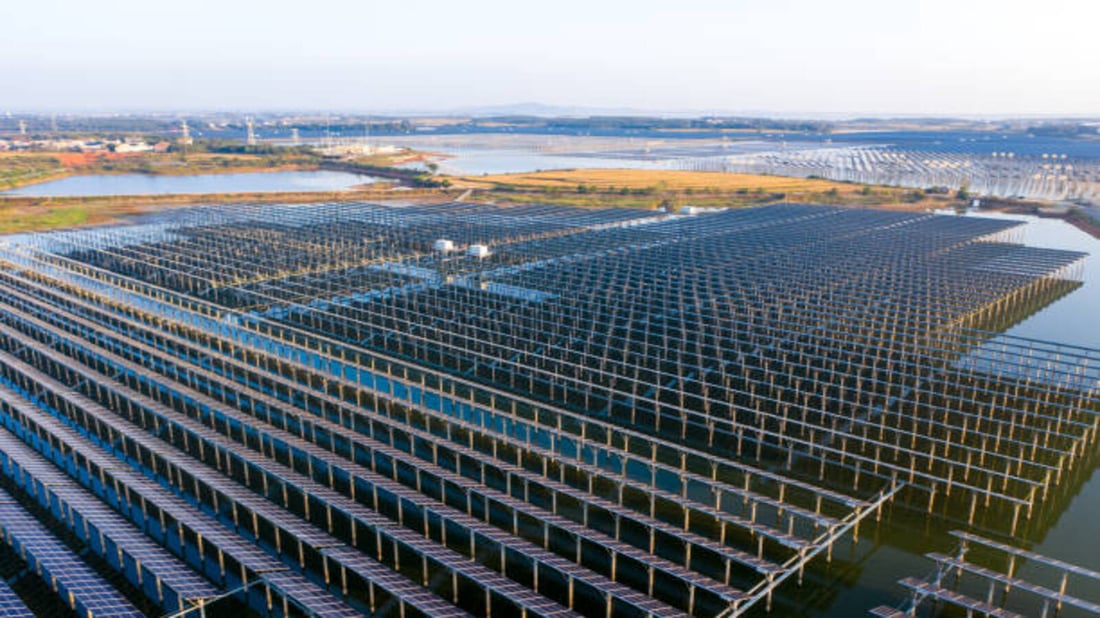With the demand for renewable energy sources on the rise, photovoltaic (PV) plants are becoming increasingly popular as a clean and sustainable energy solution. In recent years, the use of aluminum in PV plant technology has been gaining traction due to its lightweight yet strong properties. In this article, we will explore the latest Aluminum innovations in photovoltaic plant technology and how they are contributing to the growth of the solar industry.
1. The Advantages of Aluminum in PV Plant Technology
The use of aluminum in PV plant technology offers several advantages compared to other metals such as steel. Aluminum is lightweight, corrosion-resistant, and requires less maintenance over its lifetime. Moreover, aluminum has higher reflectivity, which increases the efficiency of the solar cell. By using aluminum in PV plant technology, solar panels can be made lighter, more durable, and more efficient.
2. Aluminum Extrusions for Mounting Structures
Aluminum extrusions are often used in the construction of mounting structures for PV panels due to their high strength-to-weight ratio. These structures require less material and can be assembled faster than those made of traditional materials such as steel. Moreover, aluminum extrusions are easy to fabricate and can be customized to fit specific project requirements.
3. Aluminum Backsheets for Solar Panels
The use of aluminum backsheets in solar panels is becoming more popular due to their high durability and resistance to water vapor and UV radiation. Aluminum backsheets are also lightweight and have high reflectivity, which can increase the efficiency of the solar cell. Moreover, aluminum backsheets are more environmentally friendly than traditional backsheets made of fluoropolymer materials.
4. Aluminum Frames for PV Modules
Aluminum frames are commonly used in PV modules due to their high strength-to-weight ratio and resistance to corrosion. These frames are also easy to assemble and can be customized to fit different module sizes and shapes. Moreover, aluminum frames can be recycled at the end of their lifetime, making them a sustainable option for PV plant technology.
5. Aluminum Heat Sinks for Solar Inverters
Aluminum heat sinks are often used in solar inverters to dissipate heat generated by the electronics inside. The use of aluminum in heat sinks offers several benefits such as high thermal conductivity, low weight, and corrosion resistance. Moreover, aluminum is an environmentally friendly material that can be recycled at the end of its lifetime.
6. Aluminum Busbars for Solar Cells
Aluminum busbars are used in solar cells to connect the cells and form a circuit. Aluminum busbars offer several advantages such as high conductivity, low weight, and resistance to corrosion. Moreover, aluminum busbars can be fabricated to fit different cell sizes and shapes, making them a versatile option for PV plant technology.
7. Aluminum Reflectors for Concentrated Solar Power
Aluminum reflectors are often used in concentrated solar power (CSP) systems to reflect and concentrate sunlight onto a receiver. The use of aluminum in reflectors offers several benefits such as high reflectivity, low weight, and resistance to corrosion. Moreover, aluminum reflectors are easy to fabricate and can be customized to fit specific project requirements.
8. Aluminum Cathodes for Solar Cells
Aluminum cathodes are used in solar cells to enhance their performance by increasing their current density. The use of aluminum in cathodes offers several advantages such as high conductivity, low cost, and resistance to corrosion. Moreover, aluminum cathodes can be easily fabricated and integrated into existing solar cell manufacturing processes.
9. Aluminum Coatings for Solar Mirrors
Aluminum coatings are often used in solar mirrors to increase their reflectivity and improve their performance in CSP systems. Aluminum coatings offer several benefits such as high reflectivity, low cost, and resistance to corrosion. Moreover, aluminum coatings can be easily applied to different mirror substrates and customized to fit specific project requirements.
10. Future Trends in Aluminum Innovations for PV Plant Technology
The use of aluminum in PV plant technology is expected to grow in the future, driven by advancements in manufacturing processes and the need for more sustainable and lightweight materials. Innovations such as aluminum foam sandwich panels and aluminum alloys with higher strength and conductivity are being explored for use in PV plant technology. Moreover, the development of new fabrication techniques such as additive manufacturing and metal injection molding may lead to further advancements in aluminum innovations for PV plant technology.

